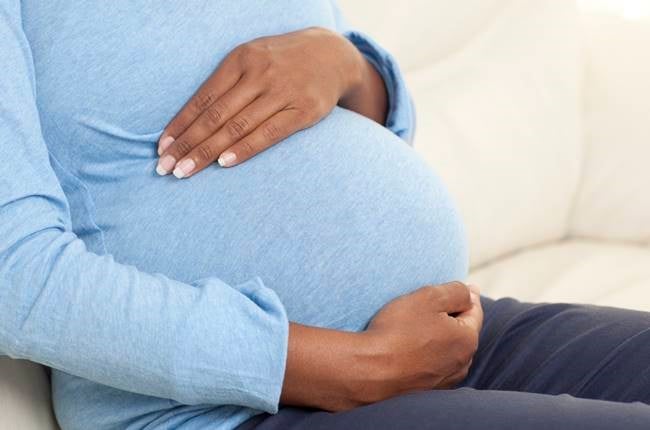
Unfair discrimination on the grounds of pregnancy is prohibited under South African law.
Despite the protections afforded to employees who are pregnant, or who intend to become pregnant, and the many inroads South African labour legislation has made on gender equality, provisions and practical application may be inadequate.
During the application and recruitment stage of employment, in the interview questions, some women are asked whether they intend to or are currently “family planning” and whether they have children or are married. Arguably, these questions may constitute forms of indirect discrimination on the grounds of pregnancy and/or family responsibility.
To what extent does a woman’s response to these types of questions determine whether she moves to the next phase of the recruitment process and whether she is ultimately employed? Similarly, are women employees who are pregnant or planning a family still faced with barriers to advancement within the workplace?
READ: Pregnant women face workplace discrimination
When women employees allege discrimination on the grounds of pregnancy, it is often couched in terms of gender, not pregnancy or family responsibility.
This is because, in most instances, discrimination against a woman based on a reason related to pregnancy is also discrimination on the grounds of gender.
By couching the discrimination in this manner, woman employees arguably have a better chance of succeeding in a claim, since discrimination based on pregnancy and family responsibility is less developed in our law.
This approach is not always appropriate, because discrimination on the grounds of pregnancy is a standalone basis for discrimination.
We suggest that grounds for discrimination should not be considered in isolation, but as overlapping vulnerabilities.
This fits with the approach of intersectionality, which has been endorsed by our courts, particularly the Constitutional Court, in the recent judgment of Mahlangu and Another v Minister of Labour and Others.
In that case, the court found that, given South Africa’s historical background and socioeconomic landscape, intersectionality is a relevant and necessary tool to use in deciding unfair discrimination cases and understanding the nuances of how discrimination can affect individuals in many ways.
The purpose of using an intersectional approach is to understand that individual experiences may vary because of the multiple combinations of privilege, power and vulnerability when an individual is faced with discrimination.
The concept of intersectionality is increasingly incorporated into workplace matters through the courts and the legislature.
READ: Gender equality in the workplace is still a challenge
Instead, employers should note that different grounds of discrimination intersect and add to the vulnerability of pregnant women.
Employers must ensure that they do not indirectly discriminate against women on any of the grounds of discrimination which may intersect.
Policies and procedures must take account of the ways that individuals in the workplace can be discriminated against, and how the grounds of discrimination may overlap, rather than expecting that grounds of discrimination be viewed and dealt with in isolation.




 Publications
Publications
 Partners
Partners









